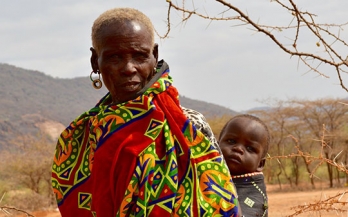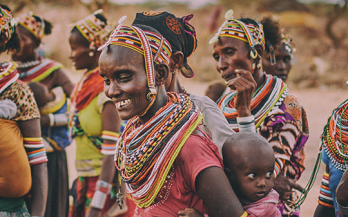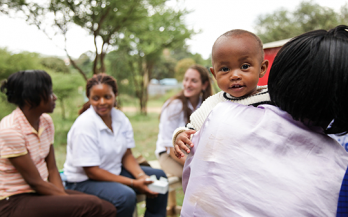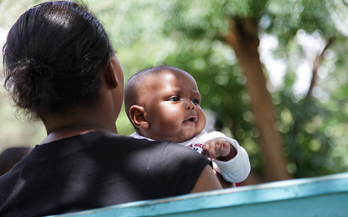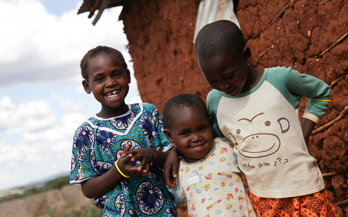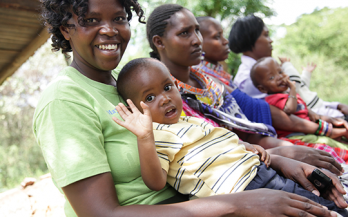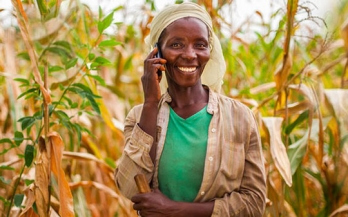This investigation used data from focused ethnographic studies in five rural counties in Kenya to determine whether the concept of “special foods for infants and young children” exists in the different ethnic groups in these areas as an identifiable component of cultural beliefs and knowledge.
This paper describes the rationale and methods used in setting up a multi‐country study that aimed at designing the key maternal and neonatal health interventions and identifying indicators related to inputs, outcomes, and impact.
The purpose of this study aimed to assess existing coverage and utilization of micronutrient powders (MNPs), fortified staples, and iodized salt among children aged 6 to 23 months prior to implementation of an MNP program.
The objective of this study was to formulate age- and context-specific complementary feeding recommendations (CFR) for infants and young children and to compare the potential of filling population-level nutrient gaps using common sets of CFR across age groups.
Several types of interventions can be used to improve nutrient intake adequacy in infant and young child diets, including fortified foods, home fortification, nutrition education and behaviour change communication in addition to agricultural and market‐based strategies. The purpose of this study was to initiate a collaborative project in Kenya to improve the nutritional adequacy of foods consumed by infants and young children.
Millions of families worldwide face inadequate access to diverse and nutritious foods. This brief presents GAIN’s Multinutrient Supplements Initiative (MSI) in Kenya, showcasing the success stories of delivering fortified foods and nutrient supplement to vulnerable families throughout the country.
This paper examines lessons learned on how to drive consumer awareness, and to ensure uptake and compliant use of product solutions in the context of the Maternal, Infant and Young Child Nutrition programmes.
This summary report presents key findings and trends from nutrition landscape analyses undertaken across fourteen countries as part of the GSM Association Mobile for Development Nutrition Initiative funded by UK Department for International Development.
